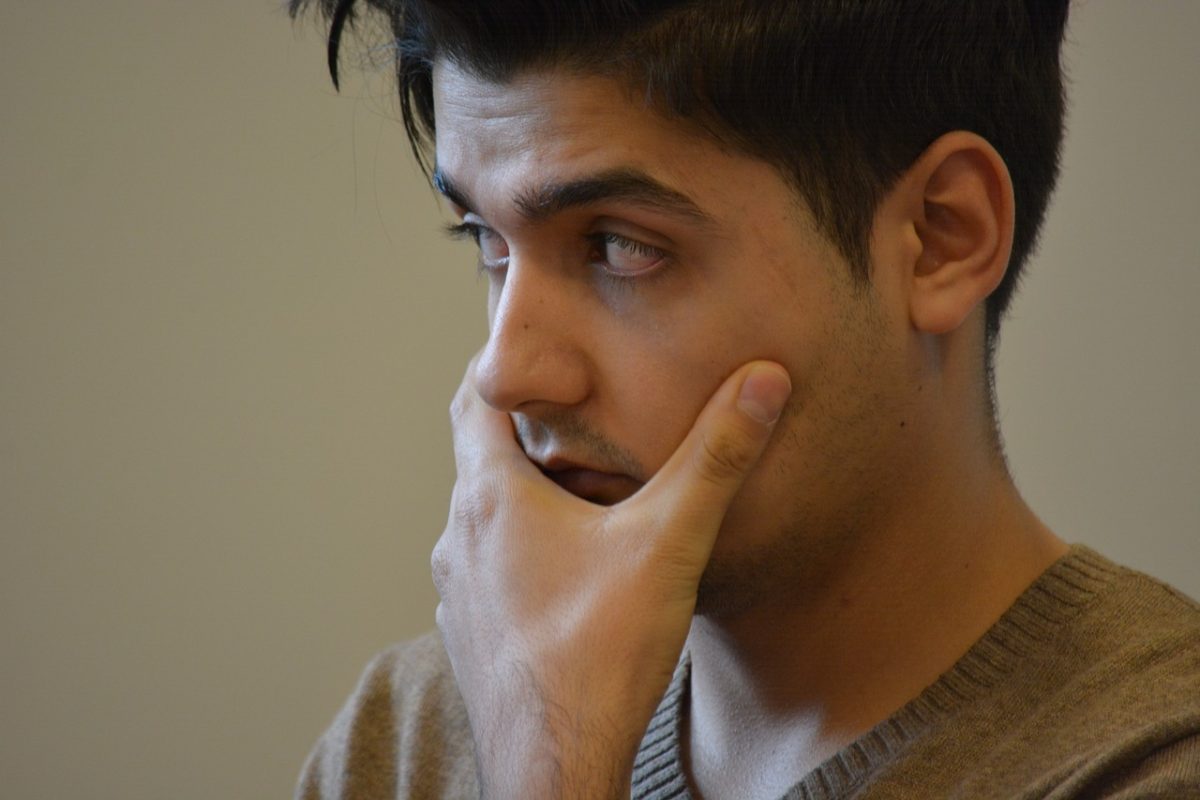In the previous post I explored Johann Hari’s discussion of the research demonstrating that disconnection from meaningful values – expressed as obsession with materialism – leads to depression and anxiety. In this post I will explore the reasons why this occurs.
Four reasons why meaningless values lead to depression
In identifying why materialism leads to depression, Johann draws on the research of Emeritus Professor Tim Kasser and his colleague, Professor Richard Ryan, one of the acknowledged world leaders in understanding human motivation. Based on their work and his own research, Johann identifies four main reasons for the consuming sadness experienced by people who relentlessly pursue materialistic values that focus on extrinsic rewards (Lost Connections, pp. 97-99).
1. Damages relations with other people
The research shows that people who primarily pursue materialistic values experience “shorter relationships” that are of lesser quality than their peers who focus more on intrinsic values. Materialistic-oriented people are more concerned about superficial things such as another person’s looks, their ability to impress others and their material possessions, than they are about the innate qualities of the person. Their focus on external qualities makes it more likely to end a relationship because they invariably find someone who possesses these external qualities to a greater degree. Their self-absorption also means that their partner in a relationship is also more likely to separate from them. People who are out to impress others as their major motivator are very poor at reflective listening as they are more likely to interrupt and divert a conversation so that the focus is on them and their accomplishments. Listening is the lifeblood of a sustainable relationship and has profound effects on the its quality.
2. Deprives them of the joy of being in the present moment
Because a materialistic person is always seeking more or pursuing an elusive goal over which they have no control, they are more likely to be frequently frustrated and disappointed. They tend to be driven and impatient in the pursuit of their external goals and they experience time-pressures continuously. It is difficult for them to be fully engaged in the present moment and to experience the joy that derives from present awareness. The researchers point out, too, that the pursuit of materialistic values results in the inability to experience “flow states” – being in the zone where you are hyper-focused and highly creative and productive.
3. Become dependent on how other people think of them
Other’s opinions become the driver for the materialistic person’s words and actions. They seek to gain positive assessment by others of their looks, their possessions (e.g. clothes and cars) and their income and social standing. They tend to pursue relationships for what they can get out of them in terms of extrinsic rewards. They can never be satisfied and often engage in attempts to outdo others. The researchers point out that materialistic-oriented people are also more sensitive to feeling slighted, even when no slight is intended – because of their sensitivity to others’ opinions, they can more easily feel criticised and be hurt by seemingly harmless comments. This can result in their being “on edge” all the time when with other people. Their sense of self-worth becomes “contingent on the opinion of others” which, in turn, can lead to negative self-evaluation and self-deprecation.
4. Frustrates innate human needs
Tim Kasser observed that a core reason why materialism leads to depression is that it ultimately frustrates a person’s innate needs – needs such as the desire for meaningful connection with others; realising a sense of competence in their endeavours; a sense of autonomy and being in-control; and wanting to do, and achieve, something meaningful in their lives. Depression and anxiety will grow over time when these real, innate human needs are not met.
We can choose how we spend our time and energy
Johann observes that time is limited and that our day is like a pie with defined parameters. The way we carve up our day – how we allocate our time to aspects of our life – will significantly affect whether we realise joy and happiness or depression and anxiety. If we can align the way we spend our time to the pursuit of meaningful values, we can experience mentally healthy states of positivity, joy, happiness and gratitude. The more time we spend on materialistic goals, the lower will be our “personal well-being”.
As we grow in mindfulness through meditation and reflection, we are better able to notice the impact that the pursuit of materialistic values has on our quality of life – our relationships, our joy, our sense of self-worth. We will have a clearer idea of how well we meet our innate needs and how we can improve on their fulfillment. Importantly, we will better understand the sources of our frustration and anger and be able to improve our self-regulation. By developing mindfulness, we will more often experience the joy of being in the zone – of experiencing “flow states”.
____________________________________________
Image by KarinKarin from Pixabay
By Ron Passfield – Copyright (Creative Commons license, Attribution–Non Commercial–No Derivatives)
Disclosure: If you purchase a product through this site, I may earn a commission which will help to pay for the site, the associated Meetup group and the resources to support the blog.




